
Broadcasting
Equipment
Engineering Services for Broadcasting Software & Devices
We plug in fast to design and optimize broadcast pipelines, from FPGA blocks and device drivers to cross-platform UX.
Along the way, we guide clients through SDI-to-IP migration and ensure compatibility with ST2110, NMOS, AES67, and NDI.

Our KeyAchievements
Our Partners and Companies Employing Promwad Solutions




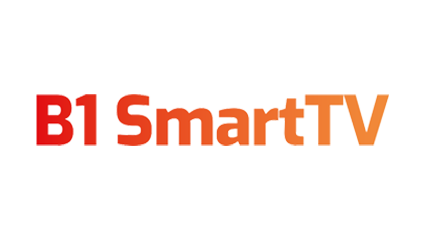










Who We Help and Why
CTOs and R&D leaders at broadcast OEMs and studios who need to:
- boost performance and cut latency in live pipelines
- migrate from SDI to IP without breaking schedules
- implement and verify modern standards across mixed vendor ecosystems
- add support for multiple codecs and formats
- close the FPGA expertise gap and accelerate releases

Why Companies Trust Promwad in Broadcasting
Promwad is your plug-in engineering partner for broadcast hardware and software, from concept to mass production. We join at any stage to rescue, migrate, or scale.
Explore Our Broadcast Core Services
Wherever you are in the media workflow — vendors, studios, or integrators — our services tackle your toughest bottlenecks.
OpenGear module design
Custom hardware and firmware for openGear to help broadcast vendors expand product lines without changing platforms.
FPGA for video/audio
FPGA-based encoding, filtering, and resampling deliver predictable latency for demanding video and audio applications.
ST 2110 migration
Seamless SDI-to-IP migration with ST 2110 and NMOS for studios and integrators seeking reliable interoperability.
NDI development
Cost-efficient AV-over-IP with NDI for broadcast studios, Pro AV systems, and live event production.
AI video analytics
Automated scene, object, and quality analysis powered by AI to reduce manual work in video and audio pipelines.
Camera control software
Protocols for PTZ and remote camera control with tally integration to streamline production workflows.
Low-latency IP transport
NVIDIA Rivermax or DPDK integration ensures ultra-low latency for real-time broadcast and live video delivery.
Short on engineers or missing expertise? Plug in our team to keep your broadcast roadmap on track

Vadim Shilov, Head of Broadcasting & Telecom at Promwad
Migration From SDI to IP Without Chaos
Protocols & Standards
From contribution to distribution, we bring deep knowledge of broadcast protocols and standards to ensure reliable, low-latency media pipelines.
Use case | Protocol | Latency | When to use |
Studio IP | ST 2110 + NMOS | Ultra-low | SDI-to-IP migration, studio routing |
Sync & network | PTP 1588, QoS, IGMP | Timing, prioritization, multicast | |
Audio IP | AES67 / Dante | Low | Multi-device audio networking |
Studio / Pro AV | NDI | Cost-efficient AV-over-IP setups | |
Hybrid broadcast | ATSC 3.0 | Varies | OTA + broadband delivery |
Contribution | SRT / RIST | Moderate | Streaming over public internet |

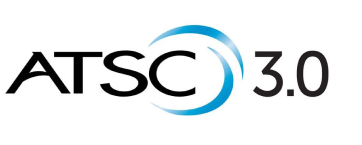
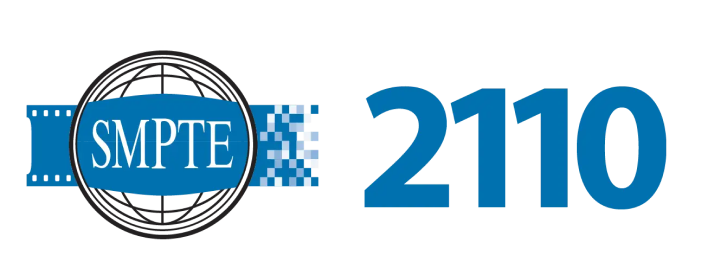
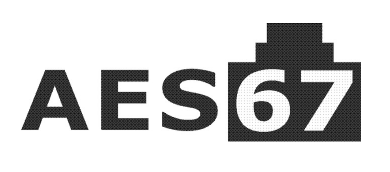
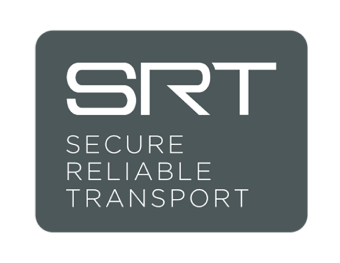

What We Build for Broadcasters & Vendors
We transform industry needs into scalable software and hardware solutions tailored to broadcast and Pro AV vendors.

How We Work
Predictable delivery through clear processes and proven workflows that keep your projects on time and on budget.
- Architecture and review: scope, risks, latency budget, and test plan
- MVP or PoC in 8–10 weeks — focused on the highest-value path
- Interoperability and compliance verification (ST 2110, NMOS, NDI)
- Pilot at your site: tooling, monitoring, rollback plans
- Scale-up and production support — from concept to mass production
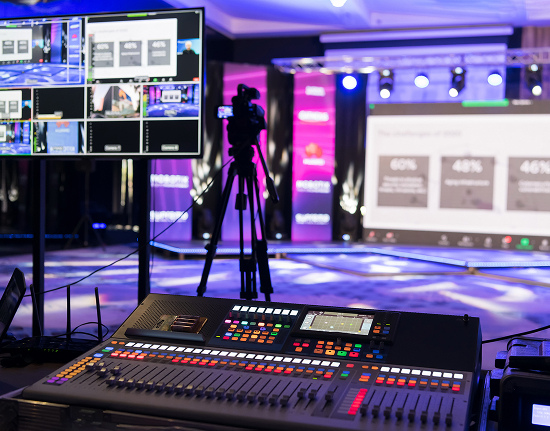
How we ensure quality in broadcasting projects:
Compliance, low-latency, and predictable releases — ready to review your project
Our Case Studies
FPGA & Hardware Projects
Firmware for Serial & GPI Fibre Transceiver
Pain
Solution
Result
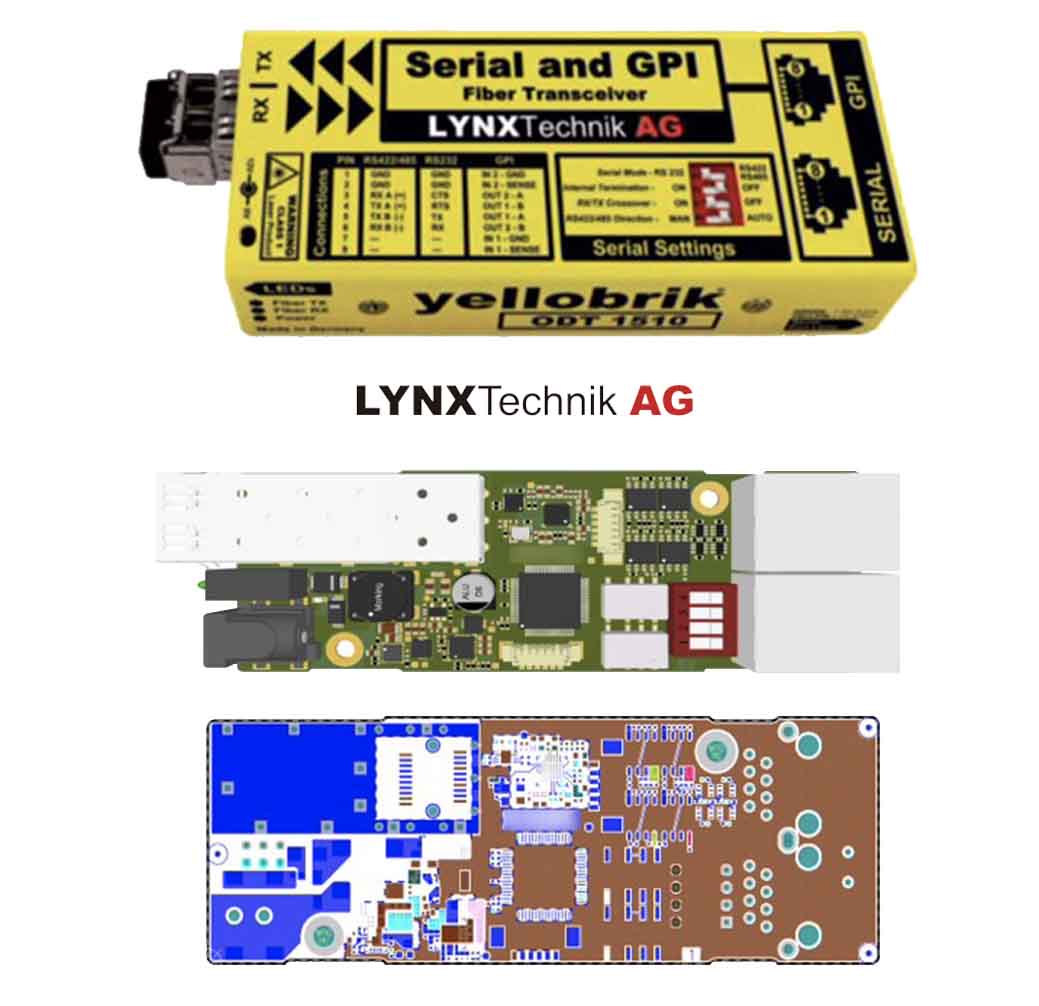
Bi-directional Quad Link 2SI/SQD Development
Pain
Solution
Result
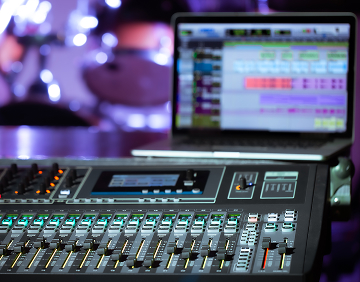
Photo for illustration purposes only
Dedicated Team for Live-Production Device
Pain
Solution
Result
Software Development
Platform for broadcasters
We have off-the-shelf server software for operators and broadcasters who aggregate video streams on their servers and distribute them to their clients.
Our ready-to-go solution
- Receives and transcodes video
- Creates profiles and serves subscribers
- Monitors all transmitting/receiving devices
- Manages their settings;
Video streams can be transmitted to TVs, set-top boxes, and mobile devices.
This software allows digital TV operators to receive streams from CCTV cameras in various regions.
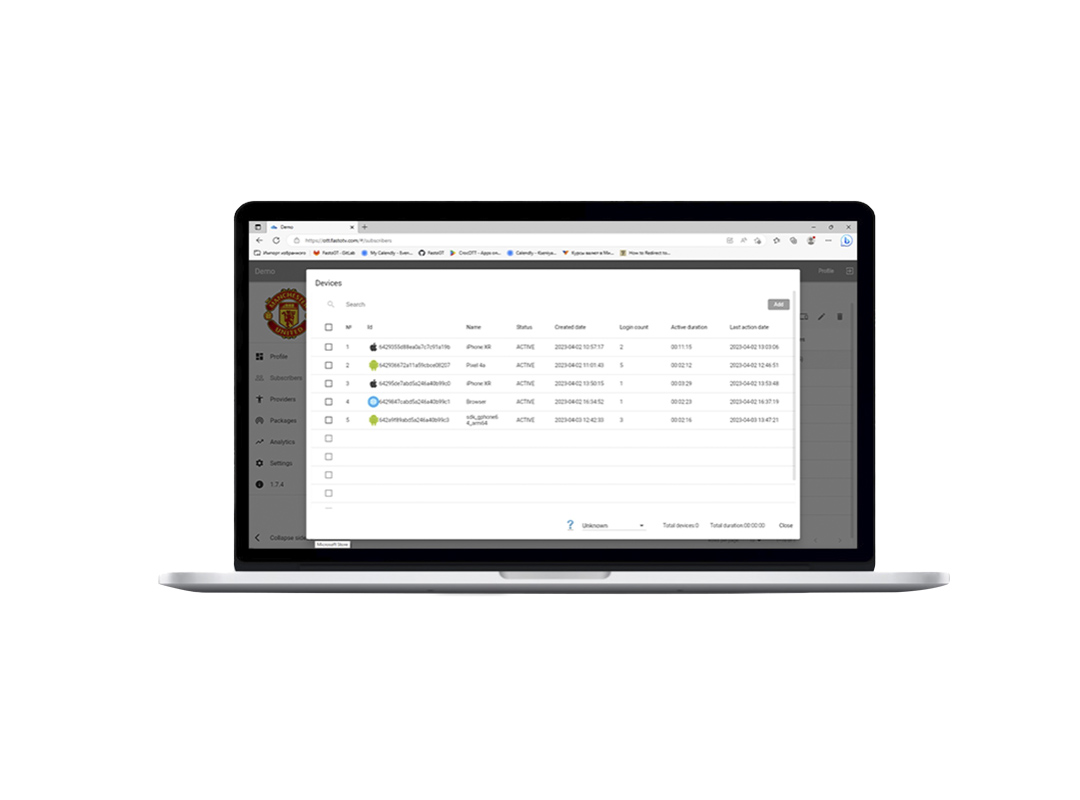
Application for PRO camera
Tasks completed:
- UI\UX design
- Application development + web version
Tech stack:
C\C++, Qt for WebAssembly, GStreamer, ffmpeg
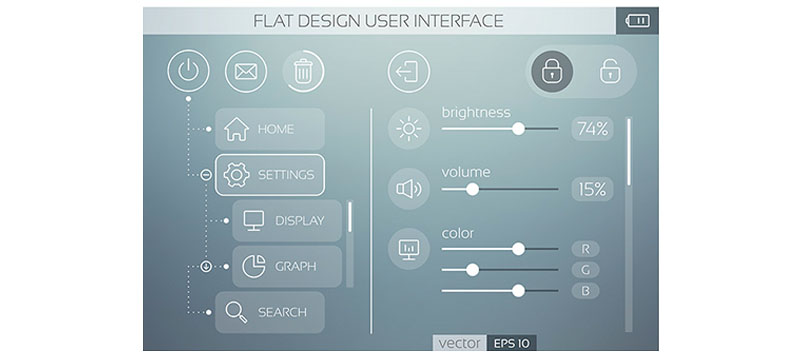
Photo for illustration purposes only
Virtual audio mixer
We developed a cross-platform Qt-based application for MacOS, Windows, and Linux.
What our solution does
- Mixes 6 inputs to 4 outputs across 4 buses for versatile audio source mixing: music, videos, IP calls, and IP radio can be mixed and sent to different audio outputs.
- Supports 8 mono microphones, 2 stereo hardware channels, and 12 stereo virtual channels simultaneously.
- Compatible with pro audio DAWs and various audio interfaces: MME, Direct-X, KS, WaveRT, WASAPI, and ASIO.
- Enables connections to musical instruments and supports VST/VST3 plugins.
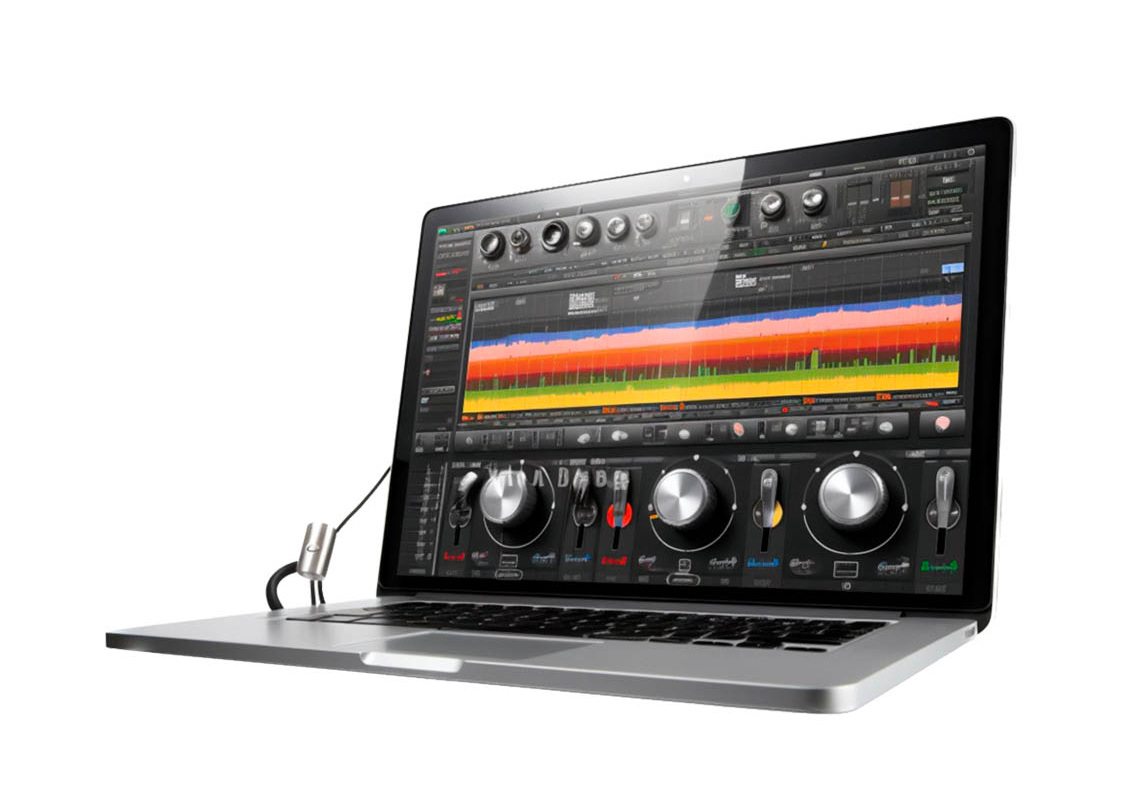
Photo for illustration purposes only
AI-powered content analysis and filtering
We developed a state-of-the-art neural model based on YOLO 5 and 8 to identify specific behaviours in video streams, such as smoking, mobile phone use, and mask-wearing.
The model was trained on over 12K labelled images and optimised to reduce processing latency by ten times.
Our solution helps to filter targeted advertising and enable video censorship and content categorisation.

Cross-Bridging
Professional 4K camera viewfinder
The designed viewfinder captures raw video from a professional camera using the 3G-SDI interface (60Hz frame rate, UHD format).
Then, it transmits this raw data to the host x86 processor via a PCIe link and displays the processed video stream on a 4K display through the DisplayPort interface.
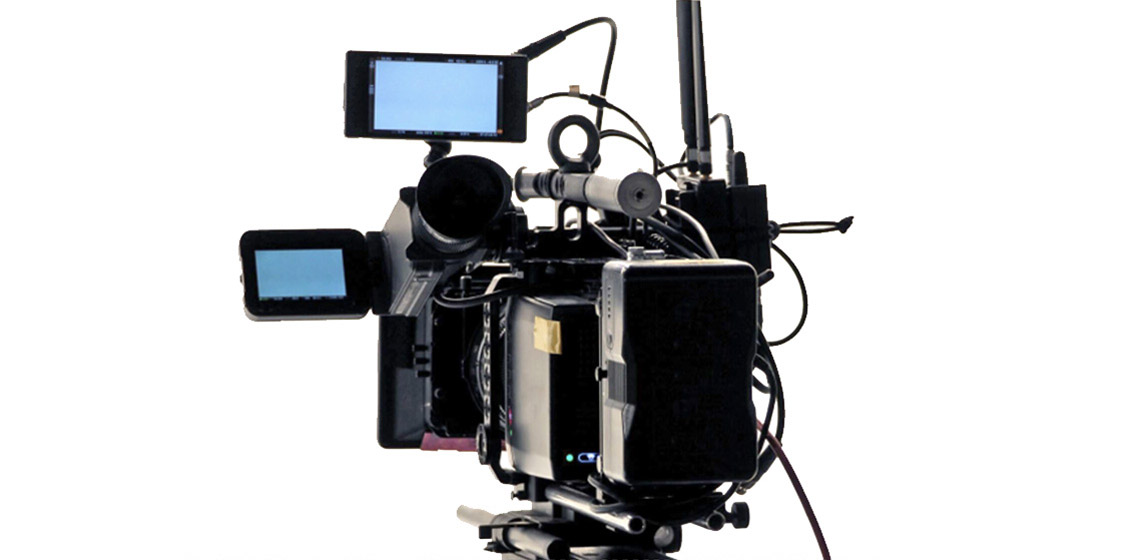
12G-SDI Converter
We developed a schematic design, a PCB layout, and IP cores for the SDI streams gearbox.
Key features:
Cyclone-10-GX-based design
12G-SDI to 4x3G-SDI
4x3G-SDI to 12G-SDI
2SI/SQD modes
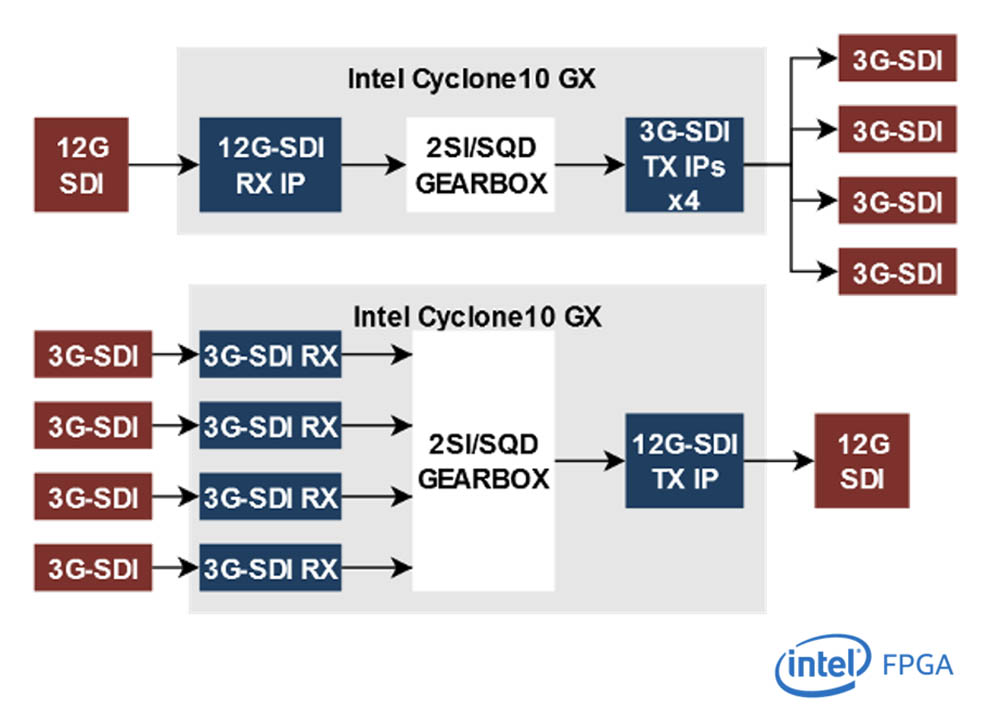
Video decoding and output to the TFT panel
We designed а cost-effective video processing solution based on the Lattice ECP FPGA and tested its prototypes. Our team developed FPGA firmware for receiving video streams from various sources via Ethernet/DSI/HDMI.
Key features:
- Video parallel RGB interface
- LVDS display interface
- CSI + SDI interface
- FPGA embedded Ethernet switch (up to Gigabit Ethernet)
- Lattice ECP5, Variscite iMX8 module
- Converter of parallel video interface to LVDS/CSI
- Unified for the ECP family
- Fits low-cost Lattice ECP chips
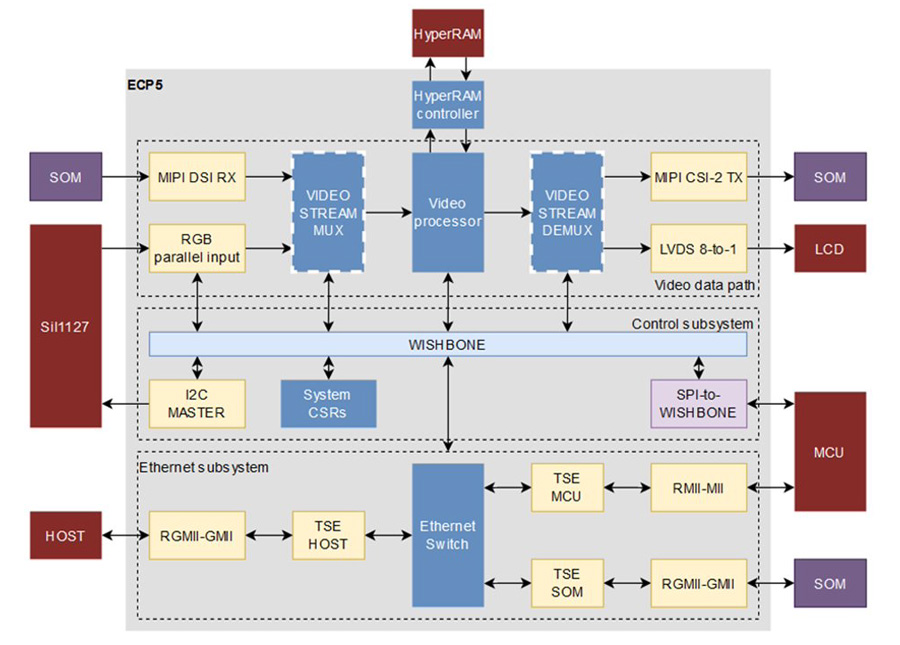
Our Engagement Models

Time & Material
– Payments for actual hours worked
– Regular reporting of time and results
– Regular communication with team
– Connecting / disconnecting engineers on request
– Flexible development process

Dedicated Team
– Fixed monthly costs
– Custom-built team with specific competencies
– Fully dedicated engineering team
– Comprehensive IT infrastructure
– Max efficiency for complex projects

Project-based
– Budget control
– Reduced risk
– Flexible resource allocation
– Clear scope
– Predictable timeline
– Quality control
Ready to upgrade your broadcast workflows?
From ST 2110/NMOS migration to ultra-low-latency pipelines: Promwad plugs in, fixes, and scales your broadcast systems. Use the form below to book a call with our tech expert within 24h to review your needs!
We will contact you today or the next business day. All submitted information will be kept confidential (NDA on request). Prefer direct email? Write to info@promwad.com.

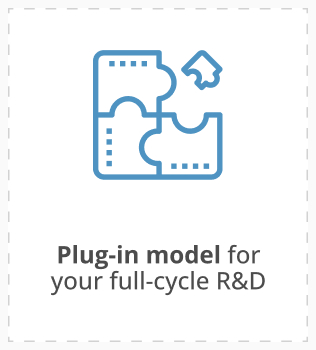
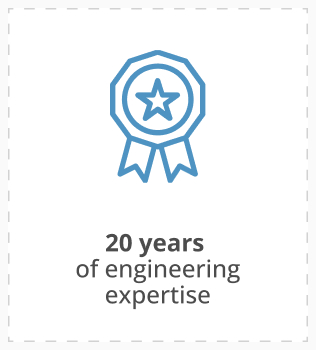
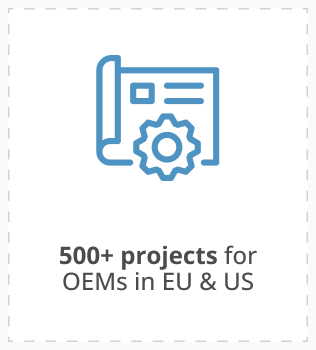
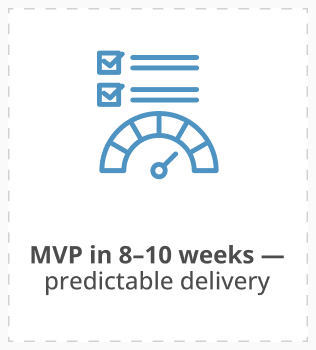
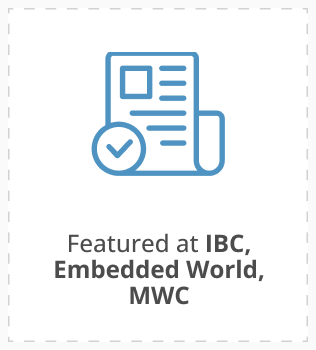
FAQ
Which IP standards should I choose for my broadcast workflow?
It depends on your workflow architecture and performance goals. Modern broadcast systems often combine several standards rather than choosing just one.
In many of our projects, we integrate multiple standards within the same device or pipeline — for example, ST 2110 inside the studio and SRT for remote contribution — to balance latency, quality, and scalability.
How do you achieve and validate ultra-low latency in complex broadcast pipelines?
Our approach covers the full signal path: FPGA offload for real-time processing, zero-copy data transfer, NIC bypass using DPDK or Rivermax, and GPUdirect integration where applicable.
We then validate results under real-world load through jitter, lip-sync, and packet-loss simulations, ensuring predictable performance across devices and network conditions.
Can you rescue a failed vendor project?
Yes. We often join at “rescue” stage when schedules or integrations are off track. First, we audit architecture, code, and compliance gaps. Then we stabilize the current release or prototype while preparing a migration path if needed (e.g., SDI → ST 2110). Our plug-in team approach means we can join quickly and bring in FPGA, networking, and software experts to unblock the project.
Do you handle certification for ATSC 3.0 apps?
We prepare systems for certification and compliance testing. That includes validating hybrid broadcast apps against ATSC 3.0 specs, checking receiver integration, and ensuring readiness for CE and regional standards. We don’t issue certificates directly but deliver certification-ready builds, documentation, and full test reports to streamline your approval with authorities or labs.
